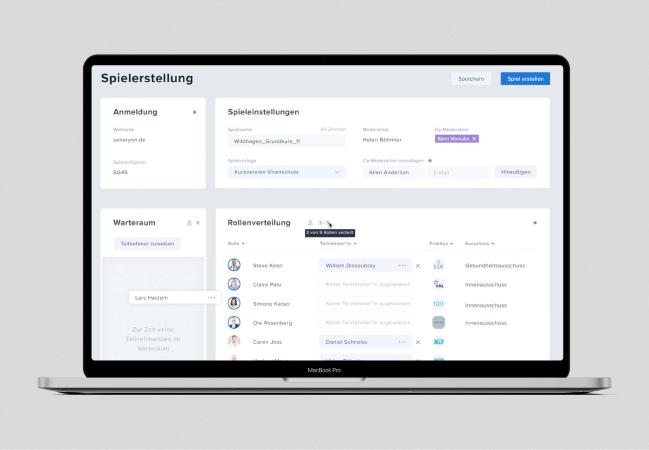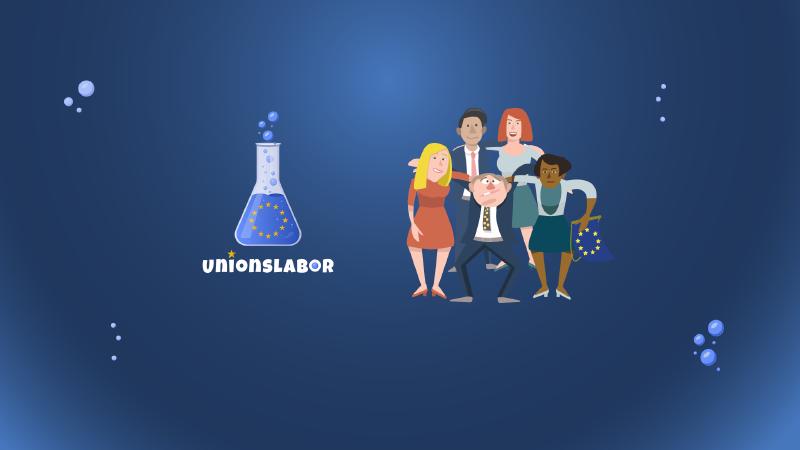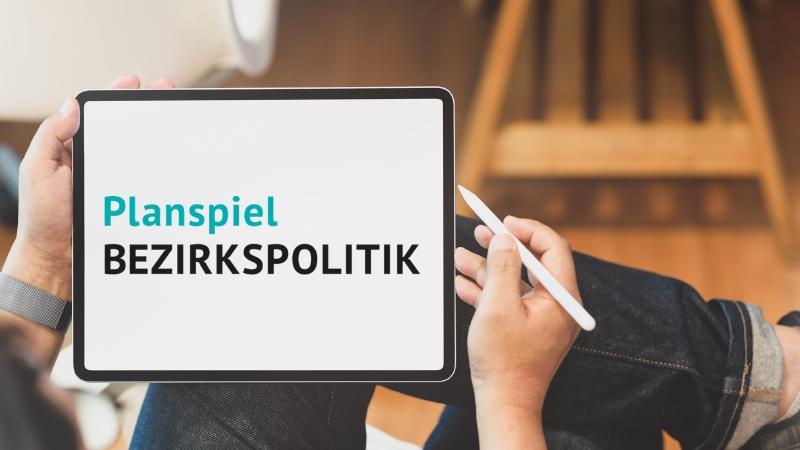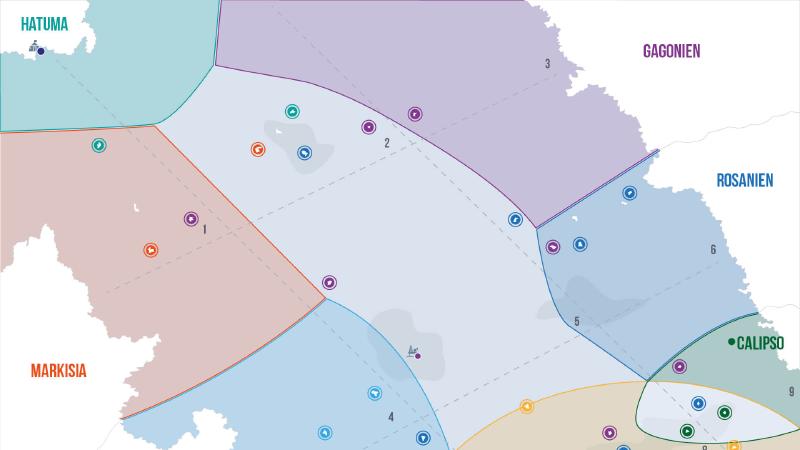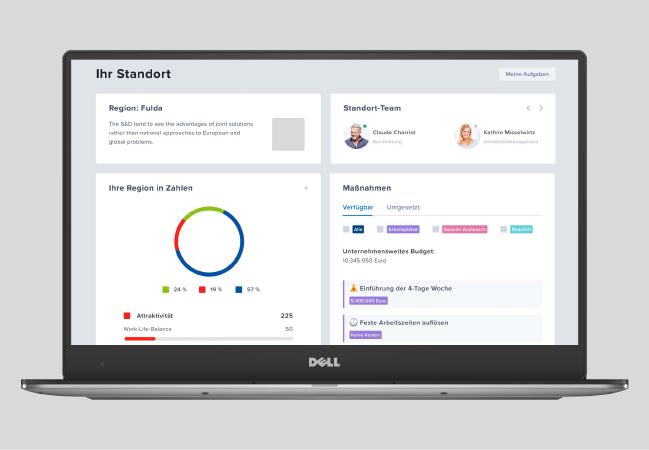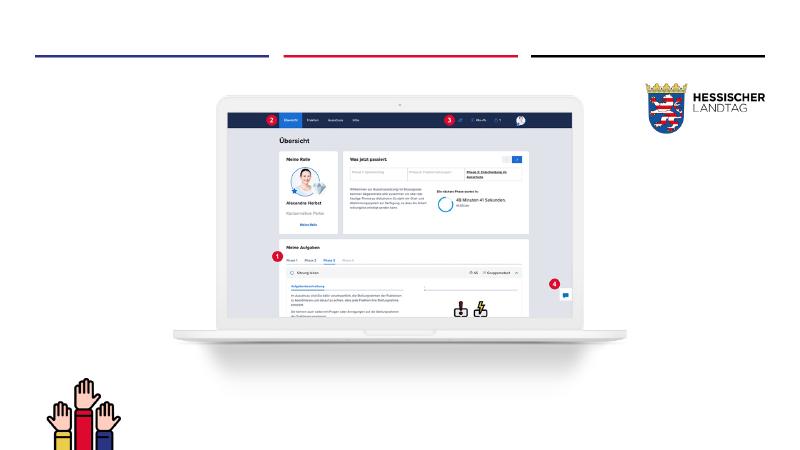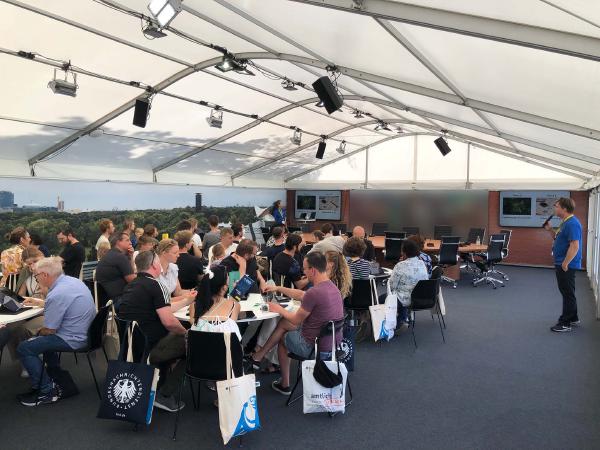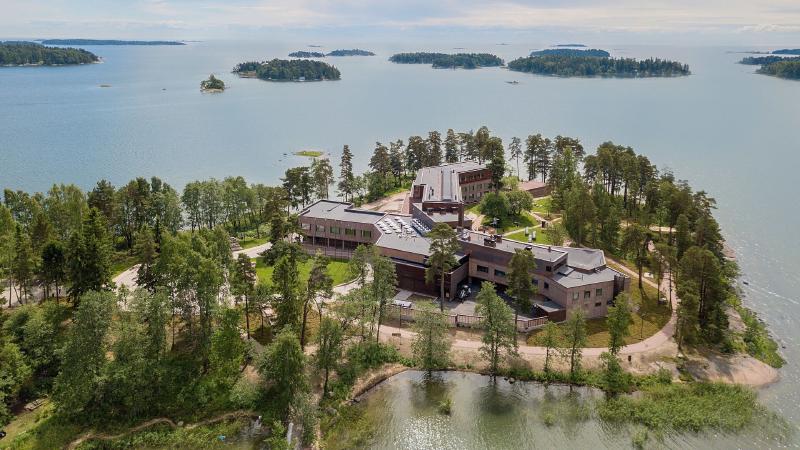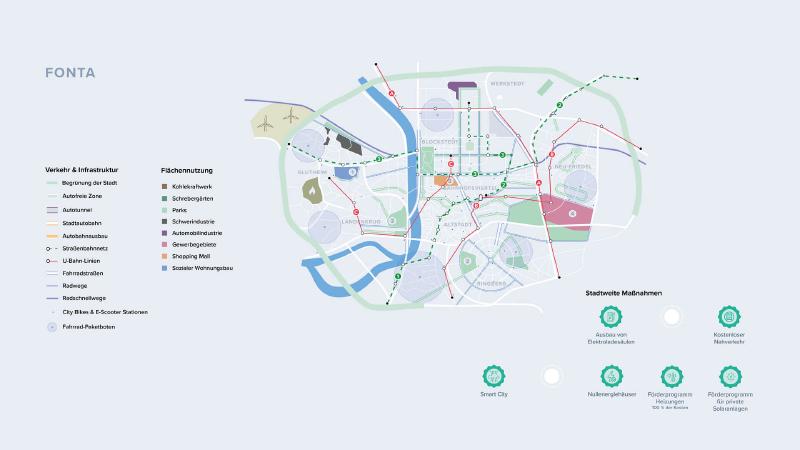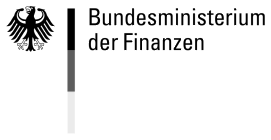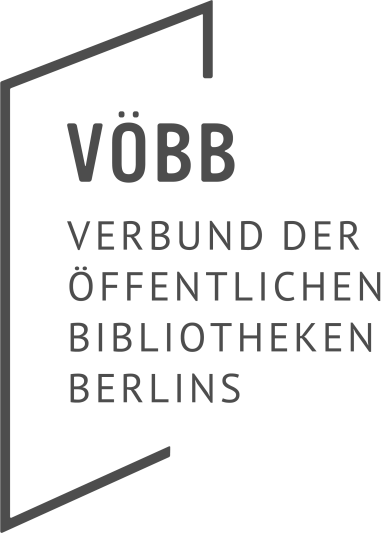Promoting Citizen Participation Through EU Simulation Games
Hardly any political project is observed and often admired worldwide as much as European unification. However, enthusiasm among Europeans themselves is minimal. Opinions about the EU’s future direction differ widely, and the challenges sometimes seem overwhelming. It’s indisputable that the EU increasingly influences life in member states, with many decisions relevant to European citizens made in Brussels or Strasbourg.
However, the problem is that many people in the EU feel their views, wishes, and concerns are not considered in European politics. The EU and its institutions seem remote and unreachable, leading mainly young people to turn away from active participation in political decisions. While this group readily accepts the benefits of European integration, like the Euro and open borders, they rarely engage with the EU’s future questions or the functioning of its institutions. We counteract this trend with our simulation games. Through the teaching of fundamental competencies and knowledge, as well as critical engagement with European topics, we increase participants' sense of self-efficacy and democratic competence.

